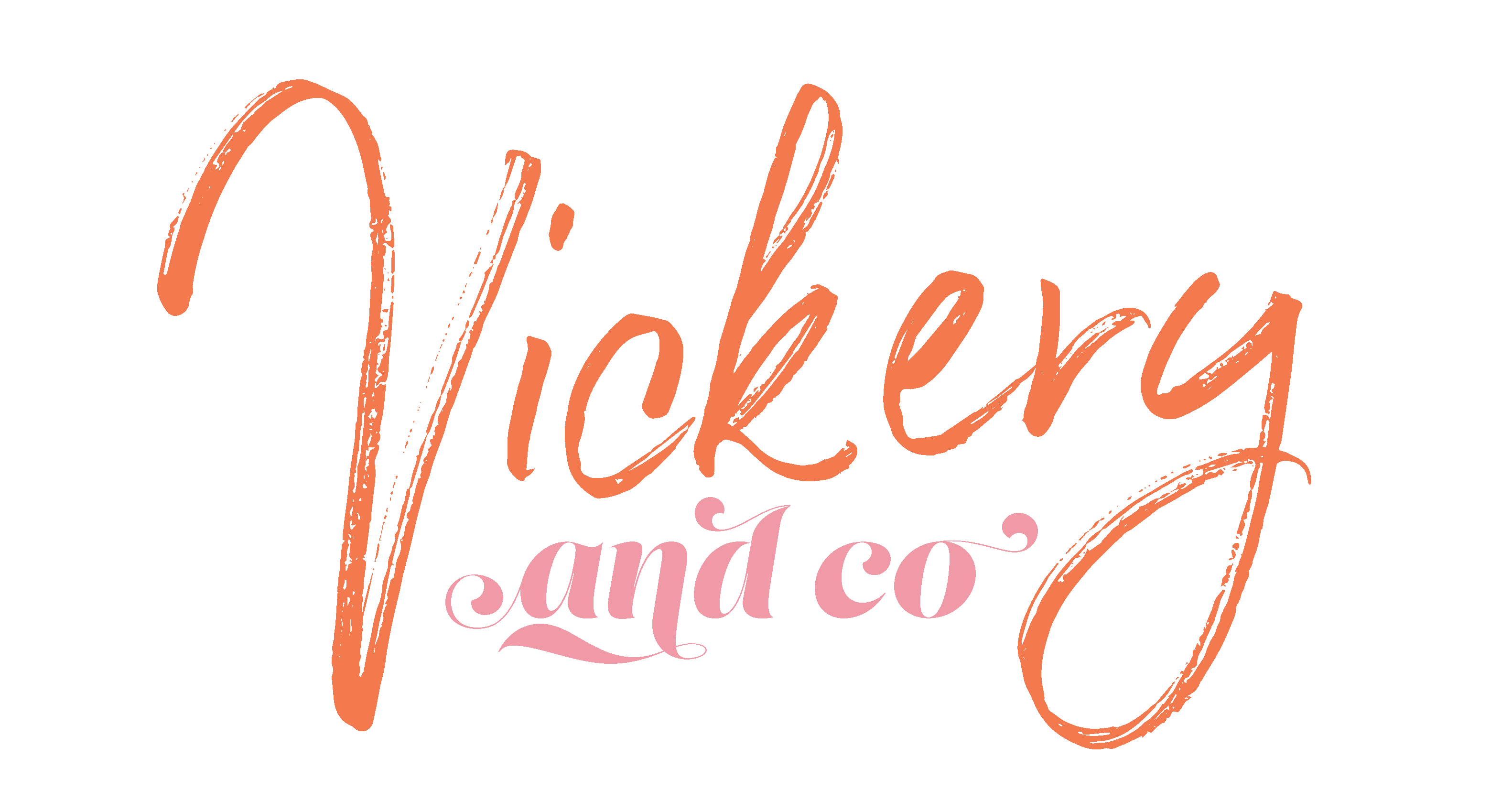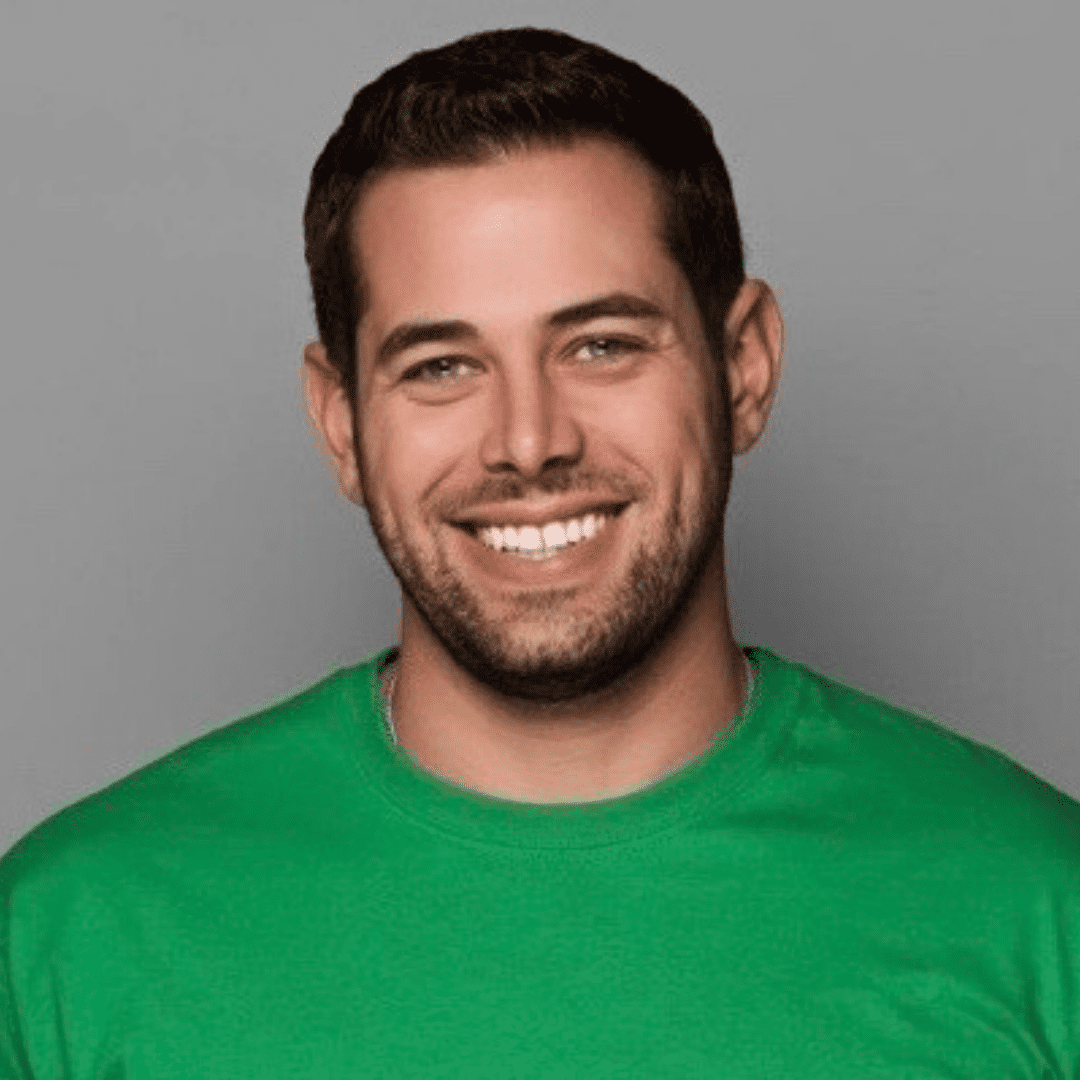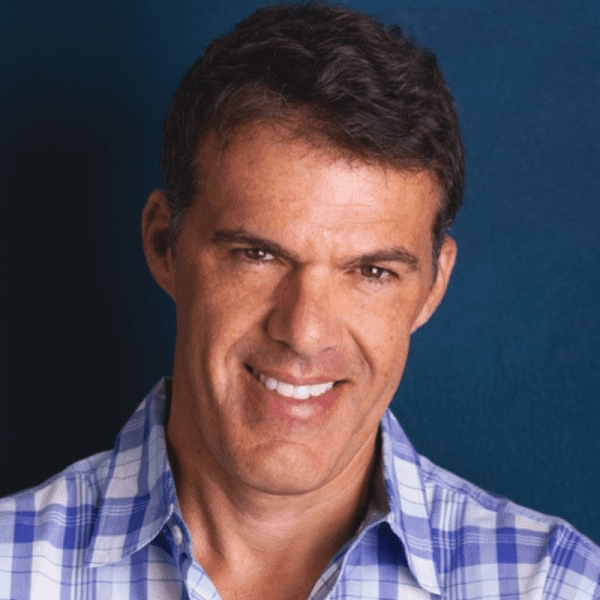Death of a Salesman
Before Chris Gannon was the founder of Captivate Talent, he was a Yellow Pages salesman. “I got thrown out of so many auto body shops,” he laughs. As a salesman, he learned how to deal with tough customers. Chris says that when he moved from door-to-door sales to sales calls, he rejoiced in the fact that nobody could throw anything at him anymore. But door to door sales was an excellent training ground for the work Chris would end up doing.
Chris has, now, been in recruiting for the better part of two decades. This career path began with an agency that was cutthroat, old school, and the hours were brutal. Still, he believes it was an excellent early-life boot camp. He learned self-discipline, as well as how to endure through dire straits. His work in recruiting began on the cusp of the 2008 recession and he watched his team dwindle from 120 people to just 43.
Poking the Box
In his uptight, old-school company there was no room for creativity. He says that the most creative he got was deciding to wear a white, pink, or blue shirt each day. Anytime he tried to push these creative boundaries, he was met with strong resistance. Eventually, the frustration caught up with him and he left the firm and he moved to the other side of recruiting. Chris became the head of talent at two high-growth startups. Finally, Chris realized that the recruitment world is mainly transactional, with faceless email interactions between agencies and companies rather than person-to-person relationships. This didn't sit well with him and he set out to change the industry.
Compassionate Leadership
Chris soon realized that companies could be run with compassion and empathy. He finally had a CEO that preferred to do the “right” thing rather than the most profitable thing. He realized that when you lead and serve from a good place, the money will follow. Following in the footsteps of this new, impressive CEO, Chris took this to heart as he began his entrepreneurial journey. When he began Captivate Talent, Chris gave his very first employee a full salary and benefits right off the bat. His colleagues thought he was crazy for it, but Chris felt it was the right thing to do. He learned from his former CEO that people won’t be good workers if they feel their livelihoods are unstable.
Pandemic Entrepreneur
The notion that “people work harder when their needs are being met” is what kept Chris on his game when the pandemic hit. And, it seemed, it had finally resonated with other leaders. Suddenly popular social media posts were encouraging folks to “think about their employees” and lead with empathy. Chris was confounded and a little annoyed. Frustrated, Chris said “I was like, ‘Wait a minute, this is just now a tactic? Why weren’t you doing this last week?’”
Personalizing Your Enterprise
Now, after three years in business at Captivate Talent, much of Chris’s goodwill is referral-based. He freely offers his clients the names of lawyers and accountants that they might need— for free. “We never charge a consulting fee,” he explains. He’s also learned to ask his clients three things about what they want from their next job. “If you don’t listen to someone and ask them what they’re looking for, it doesn’t matter what jobs you have,” he explains. He’s a proponent of leading his company with a giving mindset. He strives to give for the sake of giving, rather than with the hope of receiving something in return.
Reframe Your Connections
Chris’s work also taught him that there’s no such thing as a “waste of time” when it comes to interpersonal connection. “If you think you wasted your time [talking to somebody], it’s because you didn’t do something right,” he says. He says some of the best people he’s met through his company are people he didn’t end up working with. To Chris, these people aren’t lost clients; Instead, they’re friends. Part of being a compassionate leader is knowing when to support and guide people in areas that you're not an expert in.
Forged in Fire
When asked what’s been most challenging about building Captivate Talent with compassion, Chris answers, “2020.” This was the third year of his business—The year he hoped to ramp up his model and bring in more revenue than ever. But when the pandemic hit in March, his company halted for months. “That’s actually the first time I’ve ever felt like I was able to call myself the founder,” he says.
Like many others, he led his team through crises, both health and financial, while working remotely. He admits that he did many things wrong but that it wasn’t hard to focus on his employees’ wellbeing. He decided to hold out as long as he could without laying anyone off. This was partly because he wanted a team on the other side of COVID, but also because he knew that his employees needed all the support they could get through quarantine. In the early months of isolation, companywide Zoom calls became wellness checks. At times—Perhaps too often—it felt like he was trying to build a sandcastle right on the coastline. “The universe was like, ‘We’re gonna gut-check you,’” he says. Still, he refused to take the easy way out. “There were a couple of times where we could’ve really hammered down on a client, but we didn’t. And it worked.” Today, Chris continues to run his business with compassionate leadership and without layoffs.
More about Chris
Chris Gannon practices compassionate leadership as the founder of a company called Captivate Talent. They’re a recruiting firm that specializes in building out revenue teams for early and growth-stage startups.





















